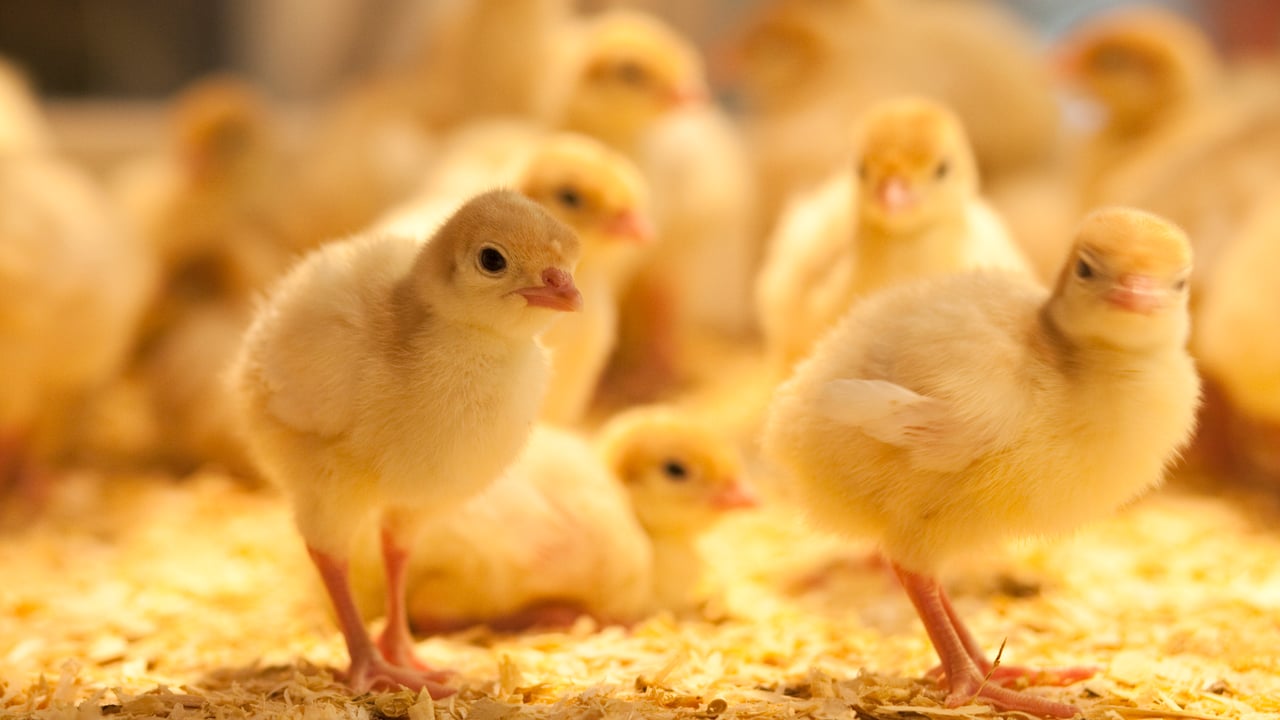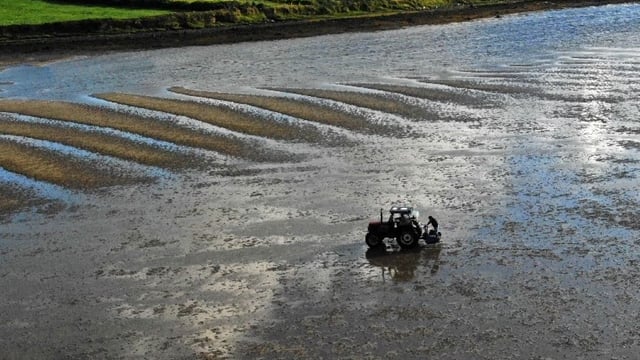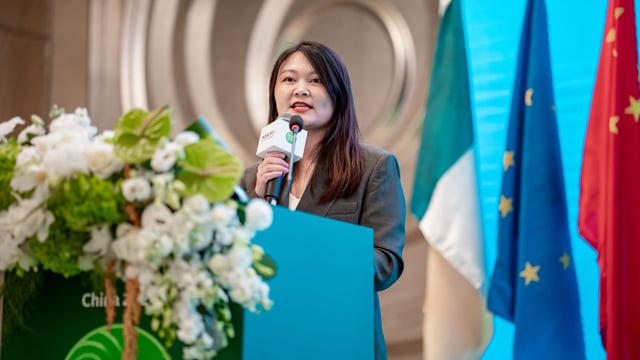Better Chicken Commitment may increase broiler production costs by 37.5%
The introduction of the Better Chicken Commitment (BCC) could lead to broiler production costs increasing by 37.5% in the European Union.
This is the main conclusion of a report recently published by ADAS.
The UK-based consultancy had been commissioned to assess the impact of the BCC, which has been endorsed by retailers and fast food outlets across the continent of Europe.
The commissioning body was the Association of Poultry Processors and Poultry Trade in the EU Countries (AVEC).
Also, according to the ADAS study, full compliance with the proposed ECC measures will entail a 35.4% increase in water consumption, equating to an additional 12.44 million cubic meters annually, plus a 35.5% increase in feed consumption, amounting to an additional 7.3 million tonnes.
In addition, greenhouse gas (GHG) emissions per kilogram of meat produced will increase by some 24.4%.
A reduction of 44% in the total meat produced, compared to standard production methods at present within the existing European Union (EU) growing space of30kg/m² plus, can also be expected
The ADAS report also identifies the need to construct 9,692 new poultry houses across Europe, with an estimated cost of €8.24 billion, to maintain current production levels.
AVEC’s secretary general, Birthe Steenberg, said:
“The unique aspect of this study lies in the emphasis placed on calculating costs per kilogram of meat, unlike previous research focused solely on the consequences for live birds or liveweight, which doesn’t accurately reflect market realities since we sell meat, not live animals.”
Technical director for livestock at ADAS, Jason Gittins, further explained:
“Due to differences in meat yields between standard and ECC production, earlier studies often underestimated the true impact of switching to ECC standards.”
According to the ADAS study, numerous companies across Europe, spanning from retailers to restaurants and catering businesses, have already signed up to the ECC.
In essence, it constitutes a framework of standards made by animal welfare non-governmental organisations (NGOs), which aims to enhance animal welfare.
The ECC commits its signatories to apply several requirements such as the use of slower-growing chicken breeds, a lower stocking density etc, to 100% of the (fresh, frozen and processed) poultry throughout their supply chain before 2026.
Meanwhile, AVEC reaffirms the EU poultry sector’s dedication to continuous improvement of animal welfare in balance with economic and environmental sustainability.
The organisation is also highlighting the need for alternative methods to enhance animal welfare without imposing undue financial burdens on consumers or exacerbating environmental concerns.





